Bankura-based Kolay biscuits once competed with Parle-G!
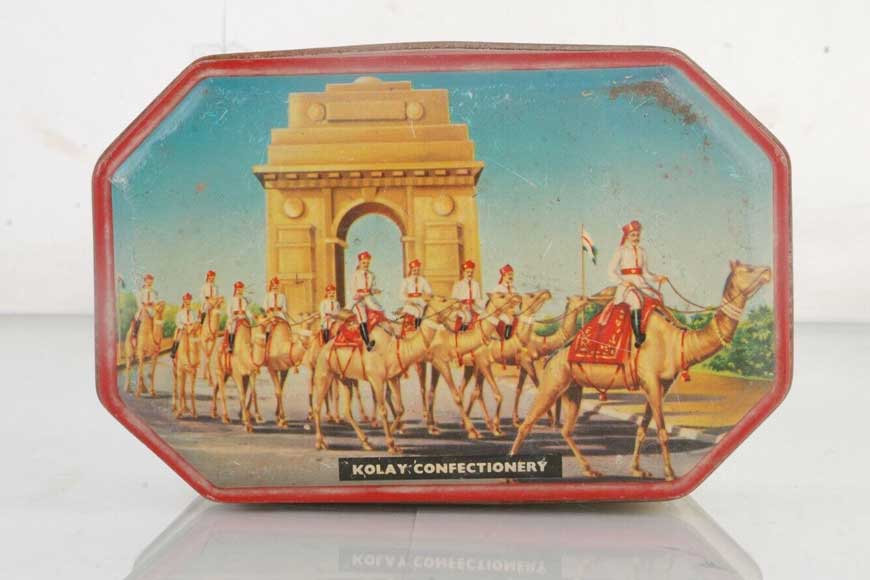
"Biscuits in the oven gonna watch ‘em rise/ Right before my very eyes/ When they get ready gonna jump and shout/ Rolls my eyes and bug them out, hey, hey/ Gonna clap my hands and stomp my feet/ Right before the very next beat/ Biscuits in the oven gonna watch ‘em rise/ Right before my very eyes…' - goes the popular children’s song. Biscuit is that one comfort food that has the smell of house larders, school tiffins, evening tea breaks, and what not! As if, it has the memories of our home and childhood intertwined with it.
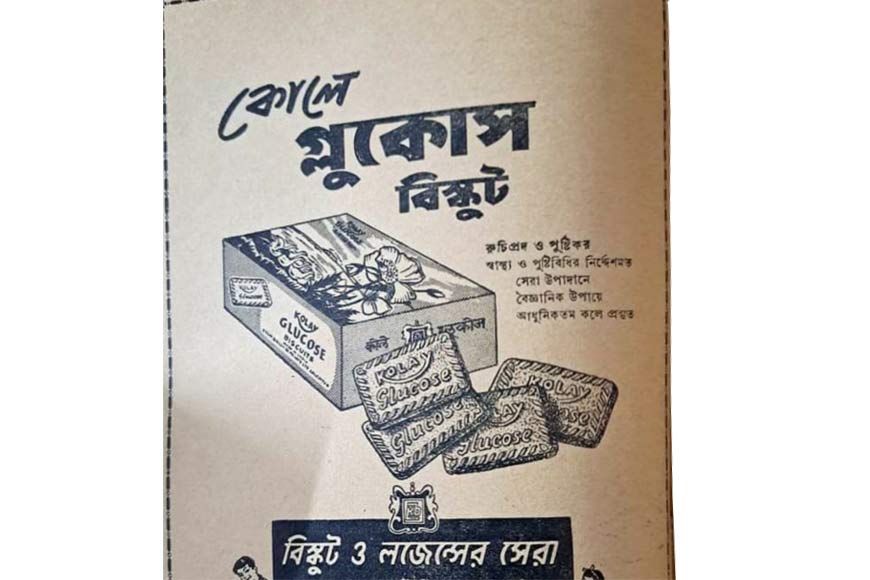
With time, biscuits and cookies have become an inseparable part of breakfast and evening snacks in Bengali households. Since our very childhood, we are accustomed to the names of various biscuit brands like Parle, Britannia, and Sunfeast. But do you know, Bengal has always been a major player in the biscuit-making industry and products manufactured by former bigwigs like Kolay Biscuits had once managed to establish itself as the top player!
Kolay Biscuits was quick to establish its supremacy as a major brand in the eastern region. Its glucose biscuits competed with another home-grown brand from Mumbai, Parle G biscuits, and did brisk business not only in India but also abroad. Many senior citizens will fondly remember Lacto Bonbon lozenges. Manufactured by Kolay Biscuits, it was one of the most popular brands till the mid-1970s. During the mid-1960s, a large number of workers from Odisha left their jobs at Britannia and joined Kolay Biscuits. During the heyday of the company in the 1970s, the beatific smile of Bengali matinee idol Uttam Kumar adorned the advertisements featuring Kolay Biscuits.
The Indian biscuit industry flourished in the latter half of the 20th century. The urban community, in particular, showed interest in food that could be cooked at a reasonable cost. Biscuits were considered food for the sick in earlier days. However, it gradually became one of the many popular fast-food products, liked by all ages.
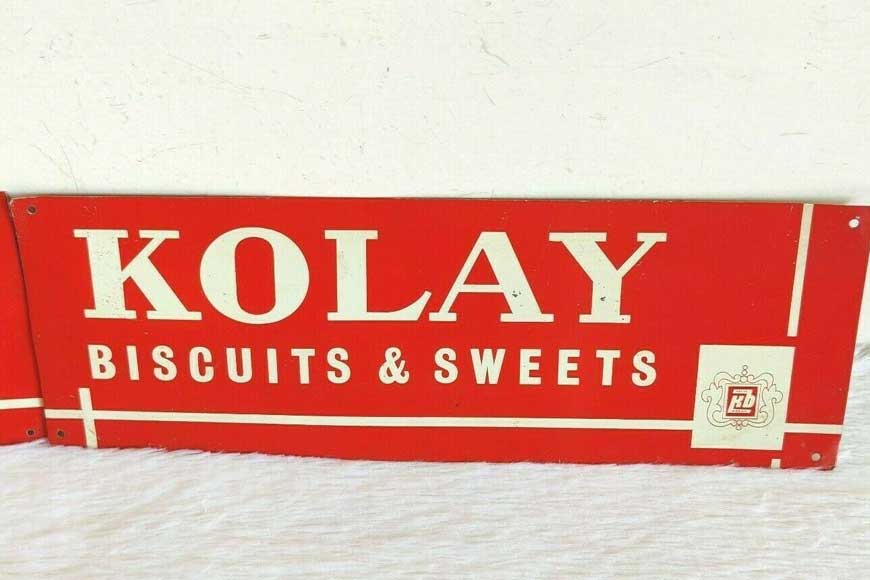
The idea of ‘economic swadeshi’ emerged by the second half of the 19th century. Thanks to the writings of R. C. Dutt, Dadabhai Naoroji, and M. G. Ranade, the new Western-educated middle class was well aware of colonial economic exploitation. The announcement of the Partition of Bengal (1905) unleashed a surge of nationalism and rekindled the Bengali entrepreneurial spirit. Bengal’s leading landlords, businessmen, and political leaders came together to launch some of the most high-profile Swadeshi ventures.
The enterprising intellectuals, professional men or landlords who had shown courage in starting new industrial enterprises, particularly during the anti-Partition movement in Bengal (1905), came out on top when the unstable 1920s had succeeded by the 1930s. Boycott of foreign goods and the use of India-made products– the trend that started in Bengal in 1905, spread to the rest of the country with Mahatma Gandhi and his advocacy of khadi. With rising nationalism, there was a definite change in consumer culture too. Irrespective of whether they were actively participating in political movements or not, people wanted to use India-made/local products as a badge of their patriotism.
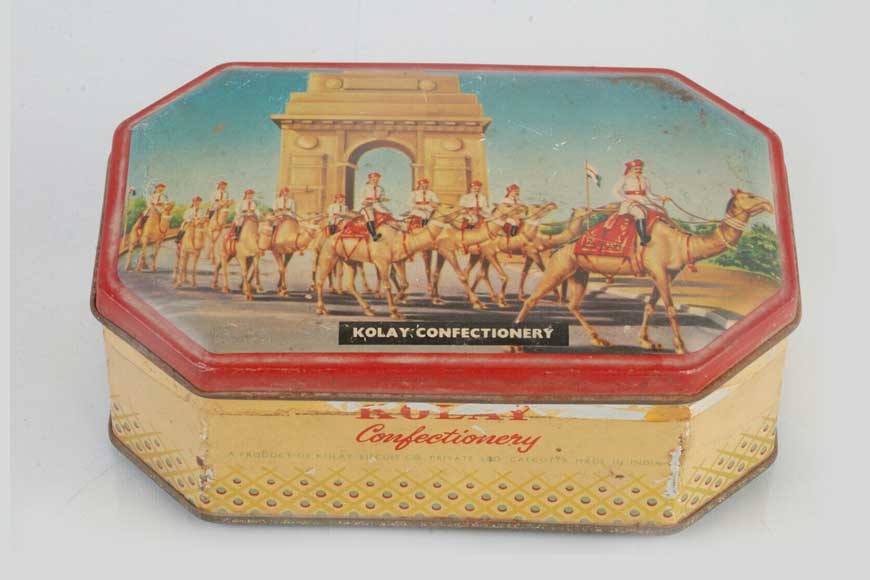
After Independence, the Indian National Congress became the dominant political party in the country and its popularity soared. Riding on the success of the party, many Bengali leaders turned entrepreneurs. One such initial entrant into the world of the manufacturing industry was prominent Congress leader Jagannath Kolay. He set up Kolay Biscuit Company Private Limited on August 28, 1948. The company specialized in food and beverages, manufacturing bakery products like cakes and pastries and other edible products including biscuits and lozenges.
The Kolays were a prosperous Zamindar family hailing from the Bankura district. This family took a keen interest in industries and one by one set up factories like Nafar Chand Jute Mill, Kolay Steel, and Kolay Biscuit among some other lesser-known factories. Kolay Market, next to the Sealdah Station, is the largest wholesale vegetable market in West Bengal. Jagannath Kolay was an active Congress leader and was elected to the Lok Sabha from Bankura in 1952 as a member of the Indian National Congress in the first general elections held in the country after Independence. He went on to become a Central Minister as well. He was later elected from Kotulpur Vidhan Sabha Constituency and was a member of the Second West Bengal Legislative Assembly.
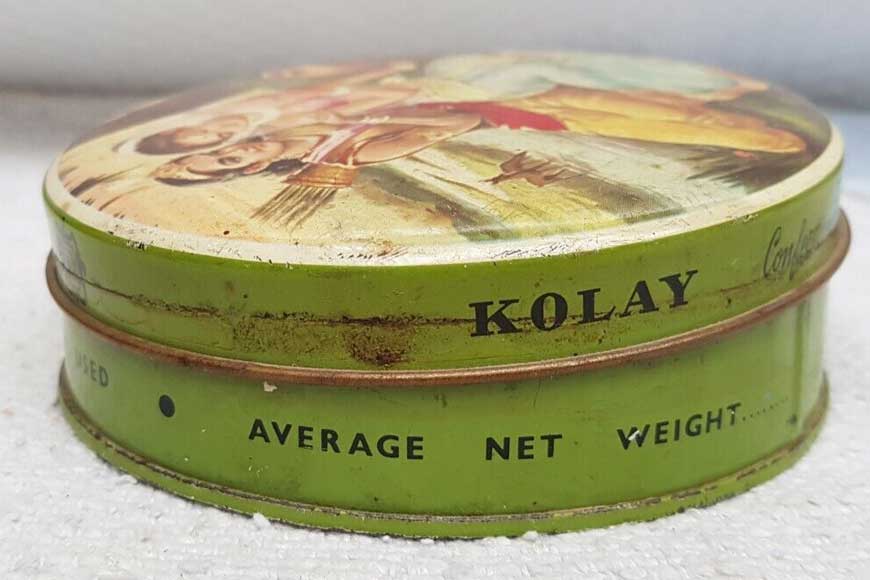
After Independence, the Indian National Congress became the dominant political party in the country and its popularity soared. Riding on the success of the party, many Bengali leaders turned entrepreneurs. One such initial entrant into the world of the manufacturing industry was prominent Congress leader Jagannath Kolay. He set up Kolay Biscuit Company Private Limited on August 28, 1948.
Kolay Biscuits was quick to establish its supremacy as a major brand in the eastern region. Its glucose biscuits competed with another home-grown brand from Mumbai, Parle G biscuits, and did brisk business not only in India but also abroad. Many senior citizens will fondly remember Lacto Bonbon lozenges. Manufactured by Kolay Biscuits, it was one of the most popular brands till the mid-1970s. During the mid-1960s, a large number of workers from Odisha left their jobs at Britannia and joined Kolay Biscuits. During the heyday of the company in the 1970s, the beatific smile of Bengali matinee idol Uttam Kumar adorned the advertisements featuring Kolay Biscuits. The aesthetically superior, state-of-the-art packaging of the products in tin boxes with paintings gave it a well-defined identity. In fact, a number of e-marketing sites put up advertisements for procuring and selling vintage collectible Kolay Biscuits with India Gate Printed litho old tin boxes. The nostalgia associated with the brand is obvious from this.
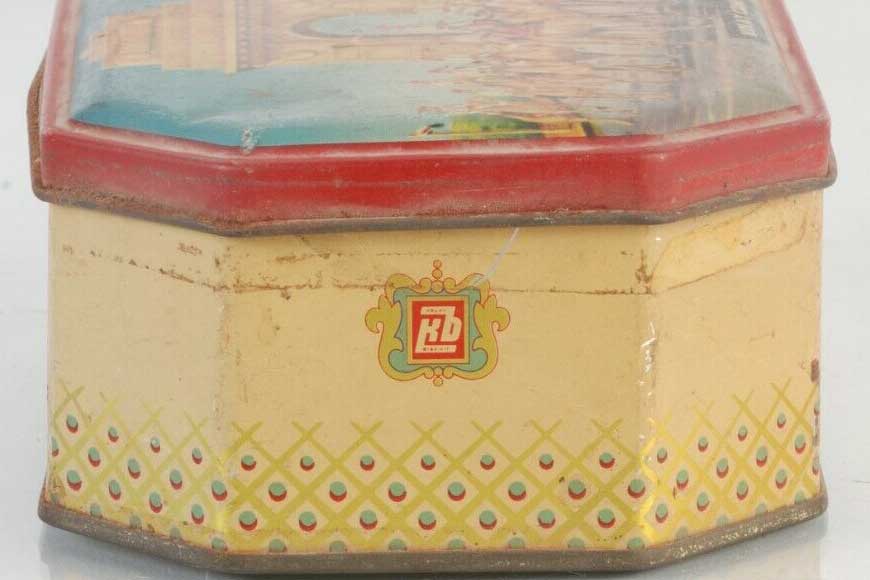
But despite all the success and the laurels, why did the journey of Kolay Biscuits Private Limited stop so abruptly? According to industry watchers, family squabbles resulted in fragmentation of the property followed by ups and downs in the power corridors at both the Central and the State, resulting in serious trouble for the otherwise viable industry. Inability to withstand increasing competition and the failure to invest for timely modernization resulted in sickness and closure of all the industries once owned by the mighty Kolays.’
At present, Kolay Biscuit Co Pvt Ltd (KBCPL), which had been running the show for 74 years, is now 'Under Liquidation'. The closure of this renowned brand is another nail in the coffin of West Bengal’s already precarious industrial scenario. With the official completion of the liquidation process, we will be left with just fond memories of a golden era.










